On Monday 15 January, we kicked off the year with a workshop in St Albans, with Herts Welcomes Refugees (HWR). HWR are a county wide organisation made up of over 100 volunteers. They provide practical support to newly arrived people seeking asylum, including connecting them with their communities, and helping them adjust to life in the UK.
We were introduced to HWR at a Toolkit session we ran at a Legal Aid Crisis group, made up of over 50 groups within the asylum sector. HWR were keen to find a solution to the ongoing lack of legal aid, and identified the Toolkit as a key resource to help plug the gap.
At the workshop, we were joined by over 30 volunteers, support workers, and statutory / council staff across the whole of Hertfordshire, for a session focussing on the asylum system and the difference between legal advice and legal support.
A key issue raised was around Hertford’s Albanian community. Albania, along with India and Georgia, have been proclaimed as ‘safe’ by the Home Office – meaning an asylum applicant from Albania can be removed without consideration of their asylum claim. The claim that Albania is ‘generally safe’ is disputed, and people from Albania are still arriving in large numbers.
We trialled a new workshop element at the end of the session, which was a ‘localised best practice’ discussion. . We asked certain people on the ground in Herts, including a HWR staff member and a local housing councillor to provide more information about the move-on process for newly granted refugees. The purpose of this segment is for those working in Herts to offer their expertise, and share best practice.
Discussion was concentrated on BRP cards, and also Hertfordshire’s capacity to house people. A key piece of advice from the local Decoram councillor was for people in the system to “prepare, prepare, prepare”, and be aware of what the process is for those who get their leave to remain.
She noted that 100% of people who accessed their local councillor following their grant of status believed they would be housed by the local authority, no matter who they were. The local authority however has no statutory duty to provide housing, except in certain limited circumstances.
Through this discussion, which was led by workshop participants, possible actions were identified, such as working with council housing reps or housing providers to get access to accommodation, and understanding how the scope of asylum accommodation is likely to change, with many hotels being discontinued across the country.
It was inspiring to see attendees thinking about the future and moving forward collaboratively, and it was great that the workshop was able to facilitate this. It was great to have the opportunity to bring groups from across the entire county together, and we felt confident that these groups would continue discussion and action amongst themselves.

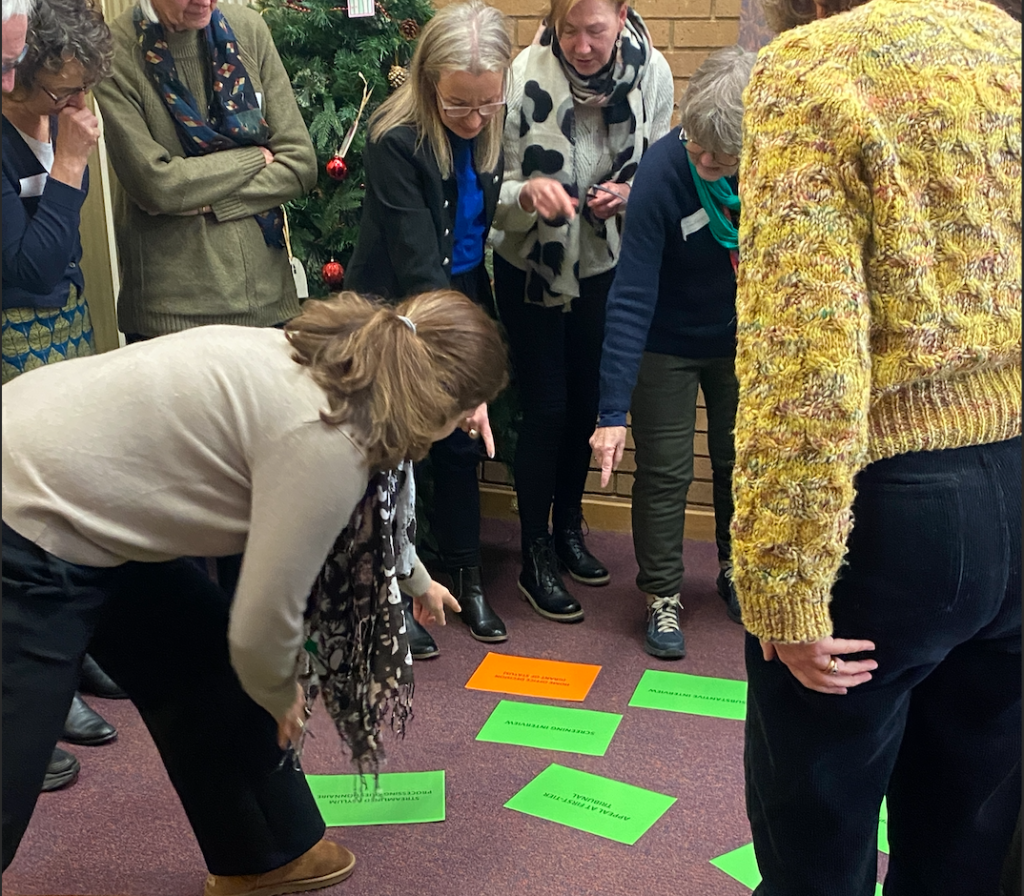
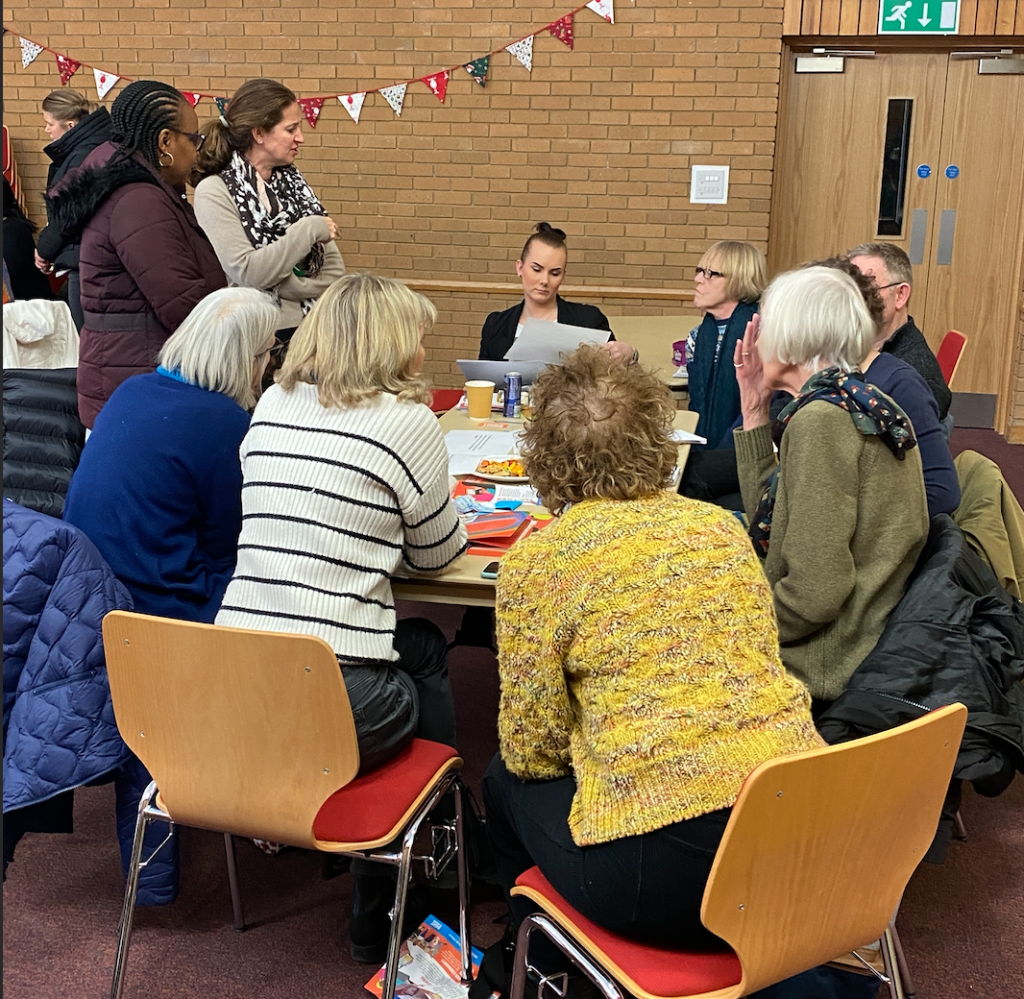
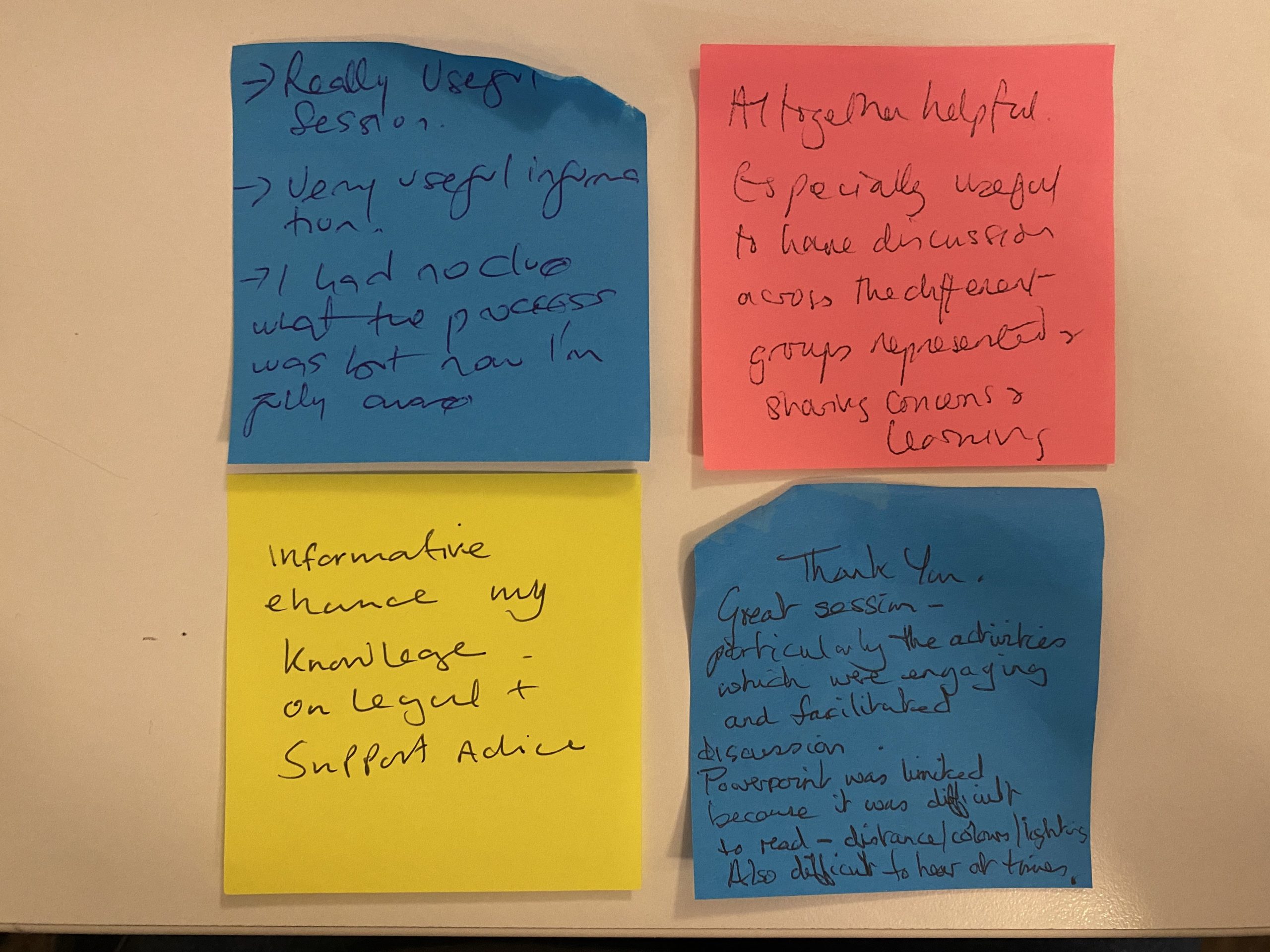



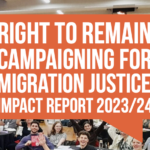





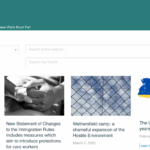




Discussion: